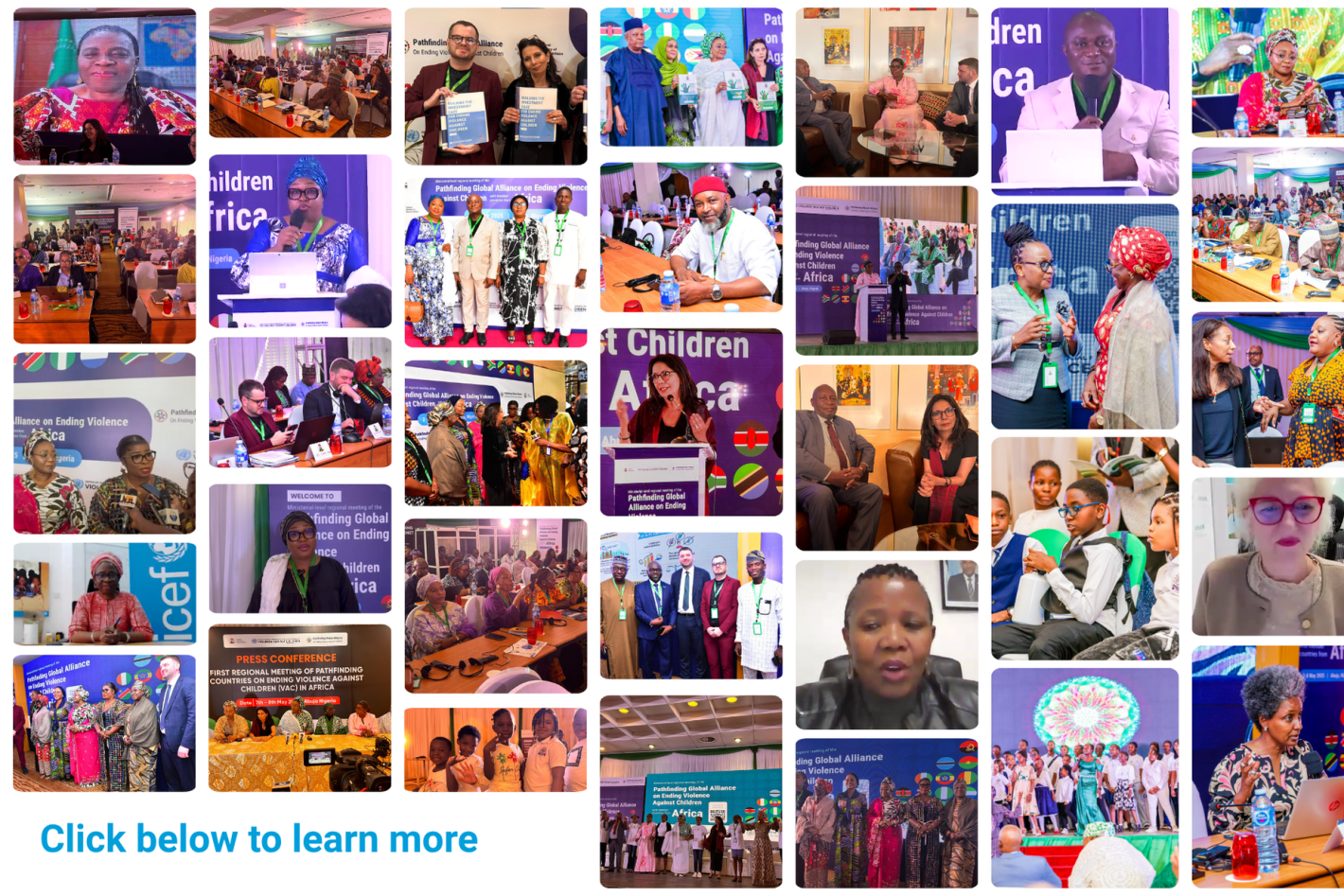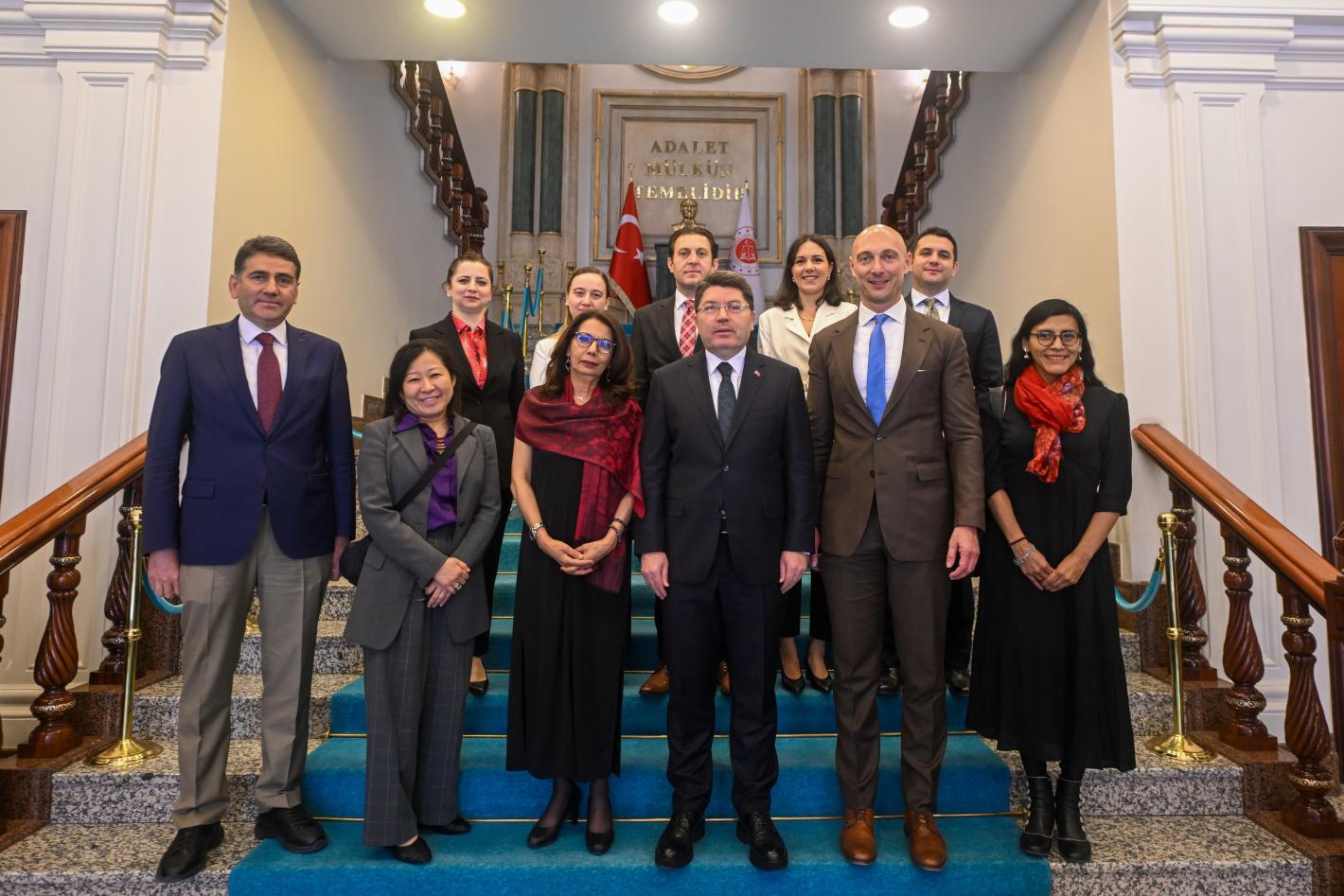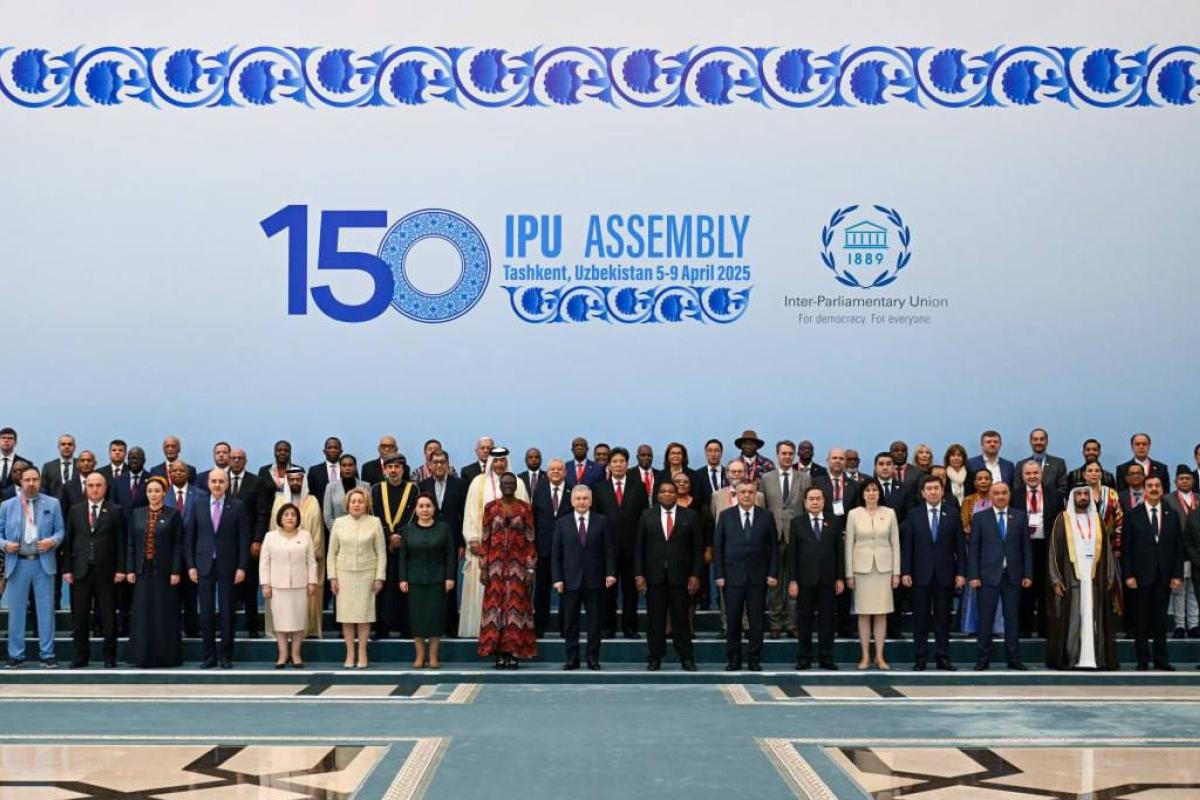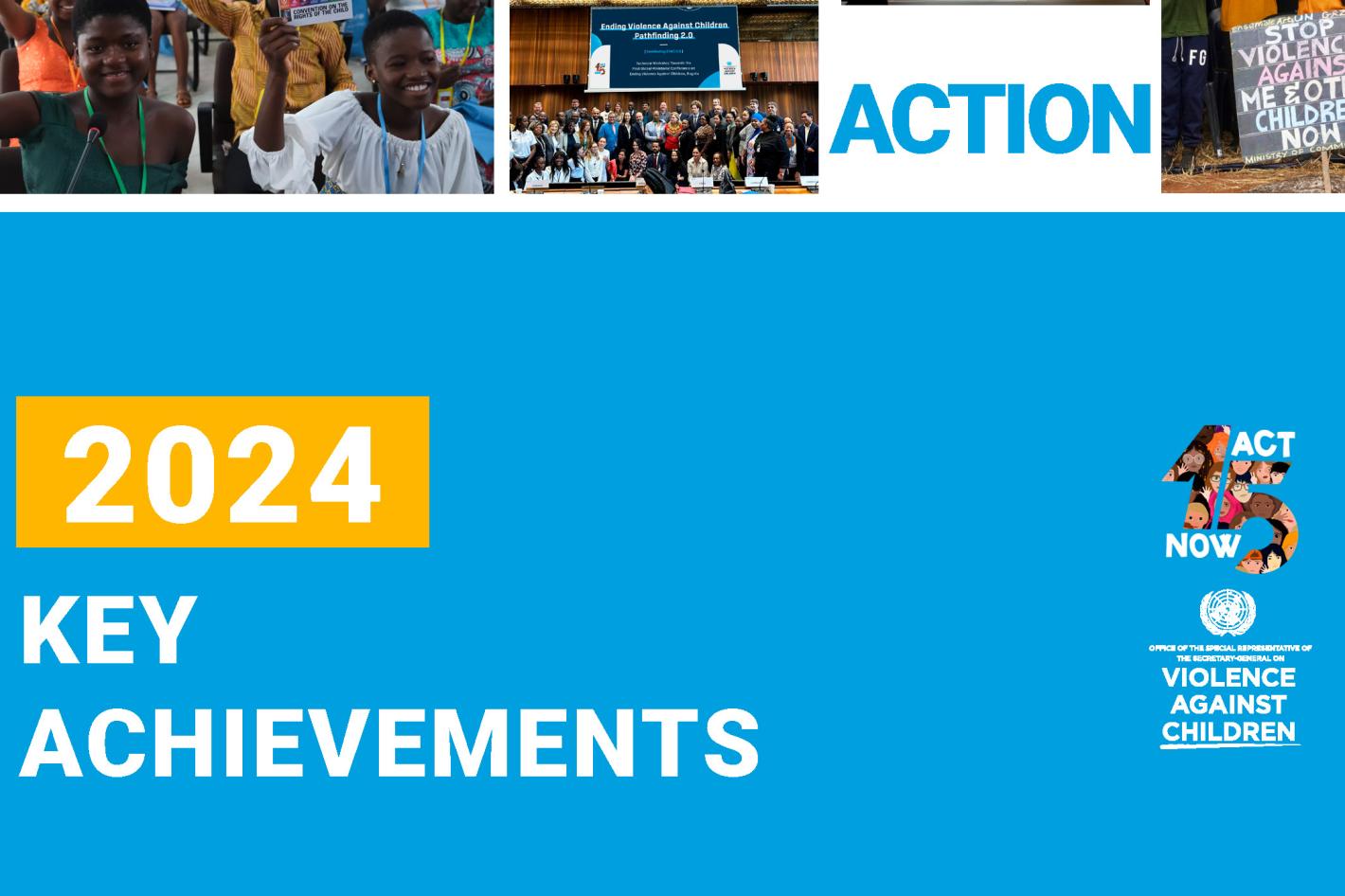Joint press release by the UN Special Representatives of the Secretary-General for Children and Armed Conflict and on Violence against Children.
The international community must act urgently to avoid sacrificing a whole generation of Sudanese children in a brutal man-made conflict, called on Monday the Special Representatives of the Secretary-General for Children and Armed Conflict and on Violence against Children.
“What we have seen this weekend in and around the city of El-Fasher, in Darfur, where more than 100 civilians have been reported killed, including at least 20 children, is the horrifying latest example of what has happened in the last two years,” said the Special Representative for Children and Armed Conflict, Virginia Gamba, and the Special Representative on Violence against Children, Najat Maalla M’jid.
Two years after the hostilities between the Sudanese Armed Forces and the Rapid Support Forces started, the country faces one of the world’s worst humanitarian crises. An estimated 24.6 million people face high levels of acute food insecurity - more than half of Sudan’s population- and more than 600,000 endure catastrophic hunger.
A dramatic increase in grave violations against children has been verified, especially in the Darfur region, with children being killed and maimed at unprecedented levels. There have been shocking accounts of women and girls being raped, gang-raped, sexually exploited, and abducted for sex on a large scale. Attacks on schools and hospitals, water stations, and power plants, including attacks on protected personnel, also continued.
“Children need urgent protection and security. Attacks against civilians, civilian infrastructure, and humanitarian personnel must stop immediately. This horror must cease,” said Gamba and Maalla M’jid. The Special Representatives call on all parties to uphold their obligations under International Humanitarian Law and International Human Rights Law, refrain from using explosive weapons, especially in populated areas, and avoid and minimize harm to children.
With more than 30.4 million people, including 16 million children, requiring urgent food, water, and medical supplies, the situation of conflict-affected children is dire, according to the UN Relief Coordination Office. Mass displacement and hunger conditions for children continue while humanitarian actors are facing security risks and bureaucratic obstacles against the backdrop of damaged infrastructure. As most schools are destroyed, 16.5 million children are out of school.
“Children in Sudan are being robbed of their childhood in front of our eyes. All necessary measures must be taken so that the physical, mental, and emotional trauma they are enduring does not remain irreversible,” they said. “We call on all parties to urgently allow and facilitate the rapid, safe, unhindered, and sustained humanitarian access to conflict-affected populations, including children,” added the Special Representatives.
Gamba and Maalla M’jid further echoed the UN Secretary-General’s call for an urgent and genuine dialogue between the parties to the conflict, aimed at achieving an immediate cessation of hostilities. “The best way to protect children from the harm of conflict is to ensure sustainable peace,” they concluded.





